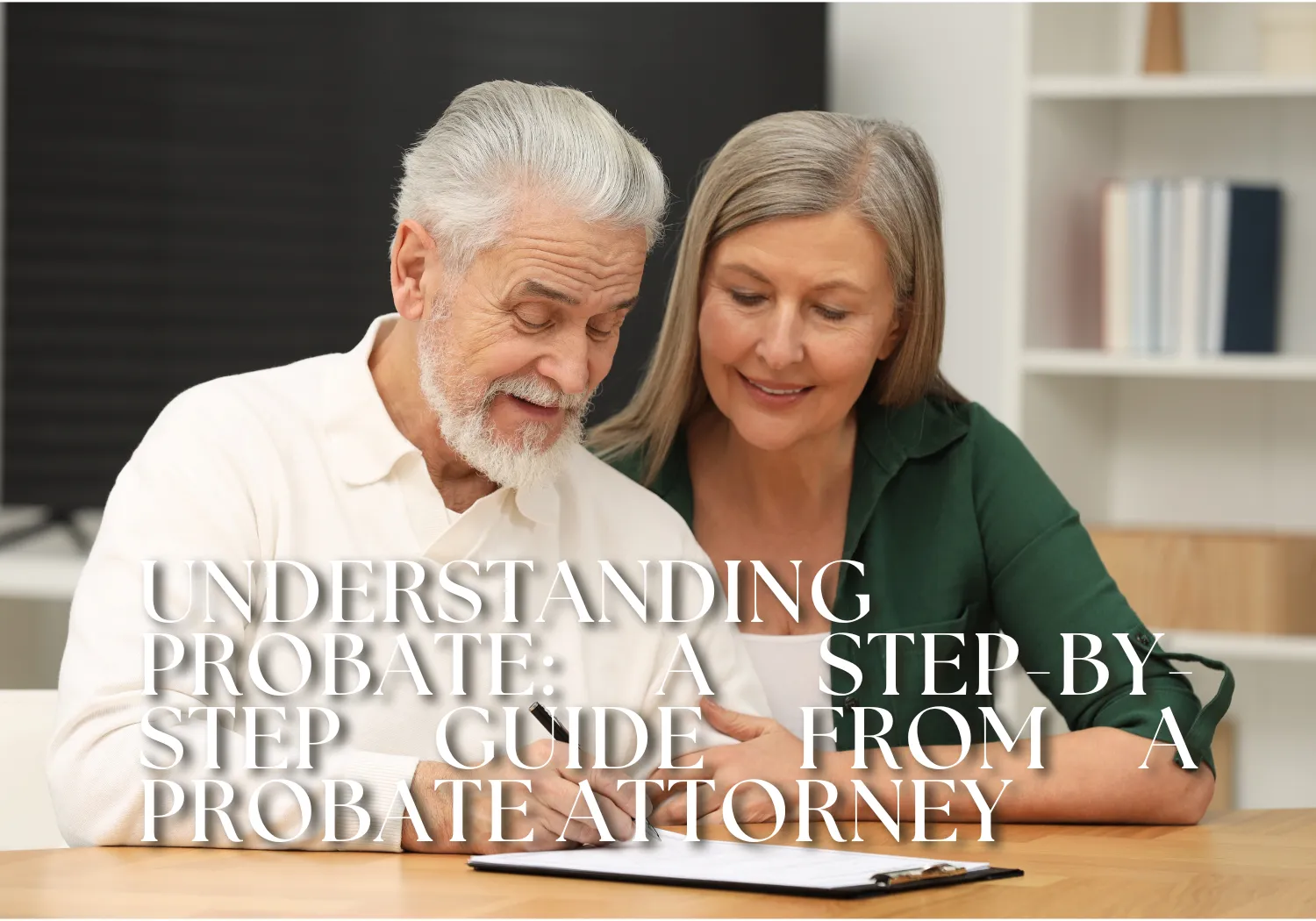Does A Will Avoid Probate?
Understanding Wills and Probate
A prevalent misconception in estate planning is the belief that having a will shields you from the probate process. This misunderstanding often leads individuals to a false sense of security, assuming their estate planning is done once they've drafted a will. However, the reality is not as straightforward. Understanding the relationship between a will and probate is essential for effective estate planning.
The Role of a Will in Probate
A will is a key document in estate planning, serving as a guide for the probate court. It outlines your wishes regarding the distribution of your assets and the care of any minor children. While having a will does streamline probate by identifying beneficiaries and providing explicit instructions, it does not nullify the need for probate. Through probate, the will becomes a public document, enabling the court to authenticate it and ensure your assets are distributed as per your wishes.
Proper Solutions to Avoid Probate
Most individuals have a common goal to avoid probate when planning their estate, not only to maintain privacy, but also to expedite the distribution of assets to beneficiaries. Fortunately, there are several strategies to bypass the probate process:
- Joint Tenancy with Rights of Survivorship: his arrangement, commonly used in real estate, enables property to transfer directly to the surviving owner without undergoing probate.
- Transfer on Death (TOD) Designations: TOD designations can be applied to various assets, including bank accounts, securities, and vehicles, facilitating their direct transfer to the named beneficiary upon death.
- Named Designees on Accounts: Similar to TOD, naming beneficiaries on accounts such as life insurance policies and retirement accounts ensures these assets pass outside of probate.
Understanding and implementing these methods can significantly reduce the need for probate, allowing for a smoother and quicker transfer of assets to your beneficiaries.




